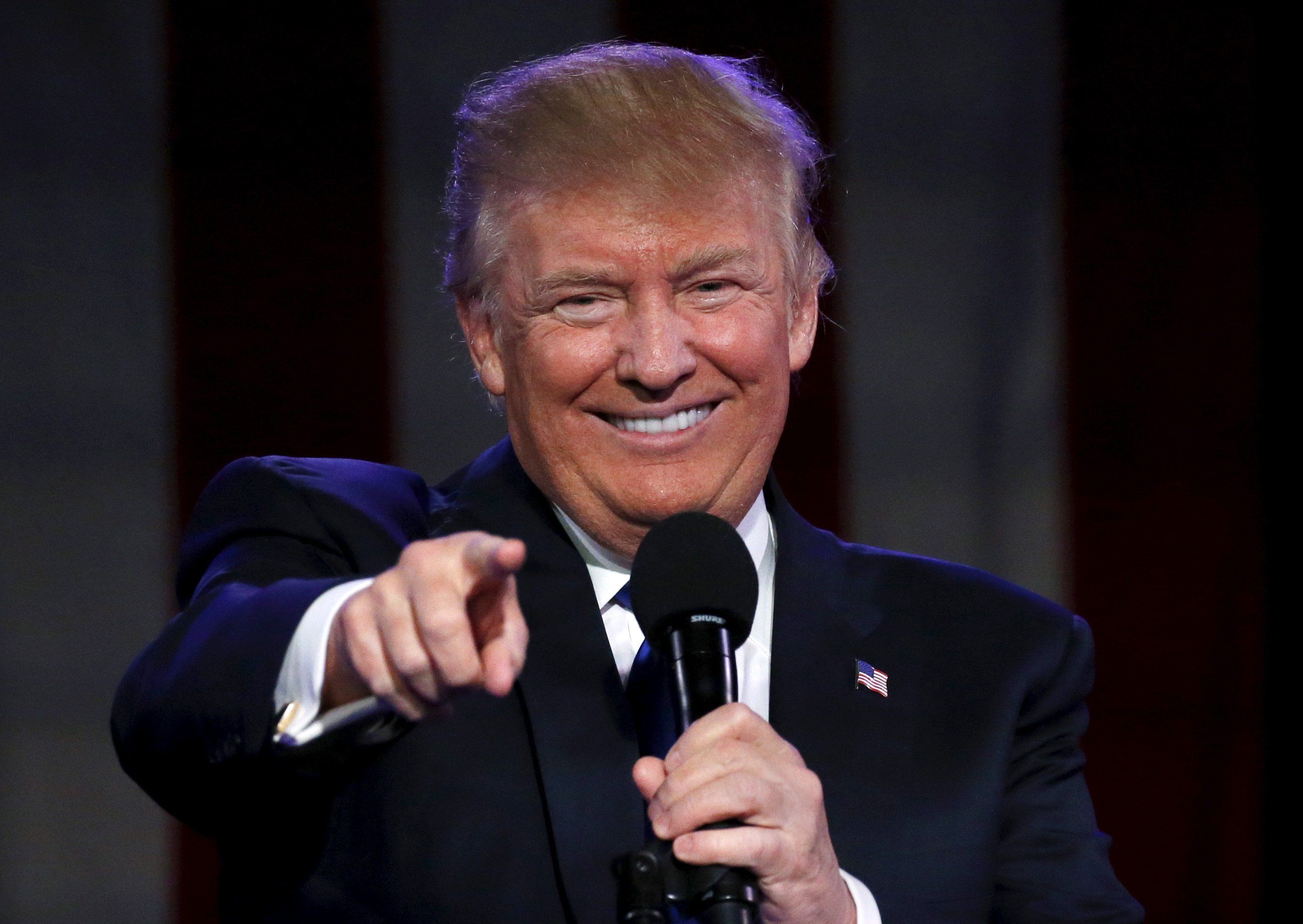63: A new poll from Pew Research finds that 63% of voters describe bothJoeBiden and DonaldTrump as “embarrassing.” Some supporters – 37% of Biden supporters and 33% of Trump supporters – say their own candidate is embarrassing.
75: A new survey from the EU’s Fundamental Rights Agency has found a surge in antisemitism in Europe. In particular,75% of the Jewish Europeans interviewed said they felt they were held responsible for the Israeli government’s actions in Gaza because they are Jewish.
1.50: South Korea’s government announced Thursday it will deploy a laser weapons system to intercept North Korean drones, which have created recent headaches for the country’s security. The lasers in question will reportedly cost about$1.50 per shot.
3: US inflation in June eased more than economists expected, extending a recent slowdown in price increases and feeding speculation that the Federal Reserve will cut interest rates this fall. The consumer-price index rose3% year on year.
219: The first four months of this year saw a record219 bear attacks in Japan. Six of them were fatal. In response, Japan’s government reportedly plans to revise poaching laws to lift some restrictions that ban hunters from shooting bears.
70: The spire of a famous Gothic cathedral in the French city of Rouen caught fire on Thursday. Thankfully, about70 firefighters were able to contain the blaze. This spire appeared in a number of paintings by impressionist Claude Monet, and between 1876 and 1880 the church was the world’s tallest building.
